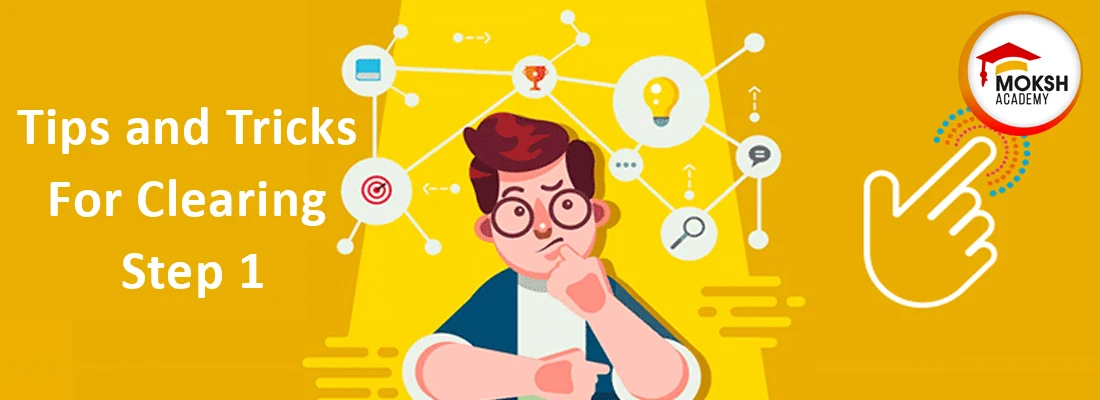
Medical school is a demanding and challenging experience, as is the preparation for the United States Medical Licensing Examination (USMLE). Here are some of the best tips and tricks to help you succeed on this challenge.
Make a Personalised study plan: A study schedule will help you stay on track and make sure you are covering all of the material you need to know. It will also remind you when to take practice exams and when to take days off to rest and recharge..
Study topics that you find more difficult: When you are first starting to study, you will be the most motivated and productive. This is a great time to focus on your weaker subjects, as you will have more time to review and revisit them later. By repeatedly studying your weak subjects, you will commit them to memory
Do as many practical questions as possible. There is evidence that suggests that completing more practice questions is correlated with a higher USMLE score. You can start doing practice questions throughout your first two years of medical school, but they are essential during your dedicated study period. Identify the concepts you are struggling with and repeat the questions that you miss until you are confident that you understand them.
Review every Answer choice: It is important to actively review the answers to each practice question, including the explanations for all of the answer choices. This is because it is just as important to learn why an answer choice is incorrect as it is to learn why an answer choice is correct. By understanding the rationale behind each answer choice, you will be better able to answer similar questions correctly in the future.
Memorization: Is important in medicine, but it should not be the main focus. Medicine is about understanding the principles behind diseases and treatments, and this understanding can only be achieved through a combination of memorization and critical thinking.
Identify Weakness: Identify the concepts you are struggling with and repeat the questions that you miss until you are confident that you understand them.
Concentrate on high-yield questions: Focus on high-yield practice questions that apply clinical medicine to basic science.
Focus: More on practicing more on epidemiology, genetics, public health, and biostatistics.
Set aside social media and cell phone use: Avoid using these devices during study time, as they can be a major distraction.



